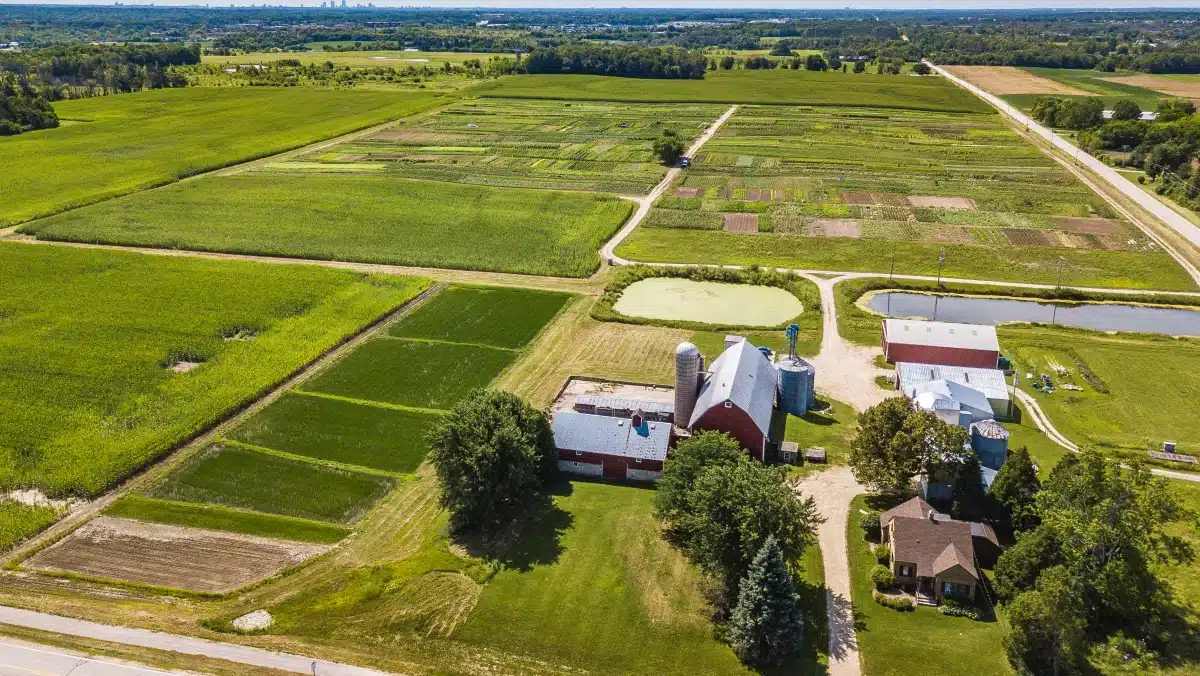If you own a piece of property, you probably have heard of land trusts. In this article, we will discuss the basics of land trusts, its different types, their benefits, and disadvantages. We’ll also walk you through the steps of creating a land trust should you need one.
What is a Land Trust?
A land trust is an arrangement wherein a landowner transfers the ownership of a piece of real estate to a trustee who holds its title. Depending on the type and terms of the trust, the trustee assumes responsibility for managing the property. The actual owner of the property, or the grantor remains as the beneficiary without being the legal owner of the property.
How Does a Land Trust Work?
You’ll understand how a land trust works better once you are introduced to the different types of land trusts or property trusts. It should suffice to say for now that the trustee in a land trust holds legal title to the property, while any equitable interest is held by the beneficiary. While not being the legal owner, the beneficiary retains control over the how the property is managed, and reserves the right to use and sell the property.
Types of Land Trusts
The most common types of land trusts are the Title Holding Land Trusts (THTs), Conservation Land Trusts (CLTs), and Community Land Trusts (CLTs). Let us quickly go through how each of them work.
Title Holding Land Trust (THT)
A THT is also known as an Illinois Land Trust as the concept was first used in Chicago in the 1800s. The law prohibited land owners from voting where they owned properties. To circumvent this law and retain their voting rights, the land owners started using THT to transfer the ownership of their lands to trusts. Now, It is used for privacy and liability protection. The name of the trust appears on the title deed of a land owned by a title holding land trust, rather than the name of the individual owner. The trustee assumes the responsibility for maintaining the property and carrying out the wishes of the beneficiaries of the trust.
Conservation Land Trust (CLT)
As the name suggests a CLT is a land trust set up to protect and conserve natural resources, open spaces, farmland, historic sites, and other sites of ecological or cultural significance. A land owner can use a CLT to ensure that these lands are preserved from being developed or altered in any way that disrupts their value. The trust preserves the land in perpetuity. Usually, in a conservation land trust, the owner has to relinquish certain rights pertaining to the land and a portion of it.
One example of a CLT is The Trust for Public Land, which acquires land and works with communities to create parks, trails, and other protected areas.
Community Land Trust
A Community Land Trust is set up to provide affordable housing to low-income families. The trust acquires the land and sells or leases the homes situated on the property to qualified buyers. The trust retains ownership of the land to ensures the affordability of the homes for future generations.
What is the Purpose of a Land Trust?
You’ve already formed an idea about the purposes of setting up land trusts. The purpose really depends on the type of the land trust. A title holding trust is used to maintain anonymity of the land owners whereas a conservation land trust is responsible for retaining a piece of land in a certain form.
Also Read – What is Marginal Analysis in Business? Explained with Examples
What are the Benefits of a Land Trust?
Some of the primary benefits of land trusts
Anonymity:
A THT allows land owners to maintain anonymity. It helps protect the owner’s privacy.
Conservation:
Conservation land trusts play a vital role in conserving historically, culturally, and ecologically significant sites.
Ease of Probate: A land trust simplifies the transfer of property to the heirs of the land owner bypassing the probate.
Tax Deduction: Donating a piece of land in a conservation land trust can result in massive deductions in tax.
What are the Disadvantages of Land Trusts?
In this section, we’ll discuss the potential disadvantages of land trusts that are often overshadowed by the benefits.
Privacy Not Guaranteed: The anonymity achieved by using a land trust can be easily pierced by a court order. Hence, privacy is not guaranteed.
Redemption Rights Lost: Let’s say a piece of land under a land trust is mortgaged and there is a default, the owner loses the redemption rights.
May Not Qualify for Secondary Market Loans: It’s common for secondary market lenders to deny loans against lands held by land trusts.
How Can Conservation Land Trusts be Abused?
Conservation land trusts provide protections for natural resources and sites with cultural values, but they can also used maliciously. For instance, conservation land trusts are often abused by property owners who donate lands to CLTs to deduct taxes for properties that hold no ecological or cultural value. There have been a lot of high profile cases where land owners have donated golf courses to CLTs. This type of usage of a CLT is called “greenwashing”. It totally undermines the real purpose of a conservation land trust.
How to Create a Land Trust?
You can create a land trust using the following steps
1. Determine the purpose of the trust
2. Choose a trustee
3. Draft a trust agreement
4. Transfer ownership of the property to the trust
5. Fund the trust
6. Manage the property according to the terms of the trust agreement.
Conclusion
Land trusts are useful as well as powerful tools with a lot of potential both positive and negative. It can save land owners a lot of money. Famously, the Walt Disney Corporation used a title holding land trust to acquire a piece of land to build a hotel. Had the seller known the real identity of the buyer, they could have racked up the price. Nevertheless, you should remember that the anonymity afforded by land trusts is not absolute and you remain liable for what happens on your land.














Add Comment